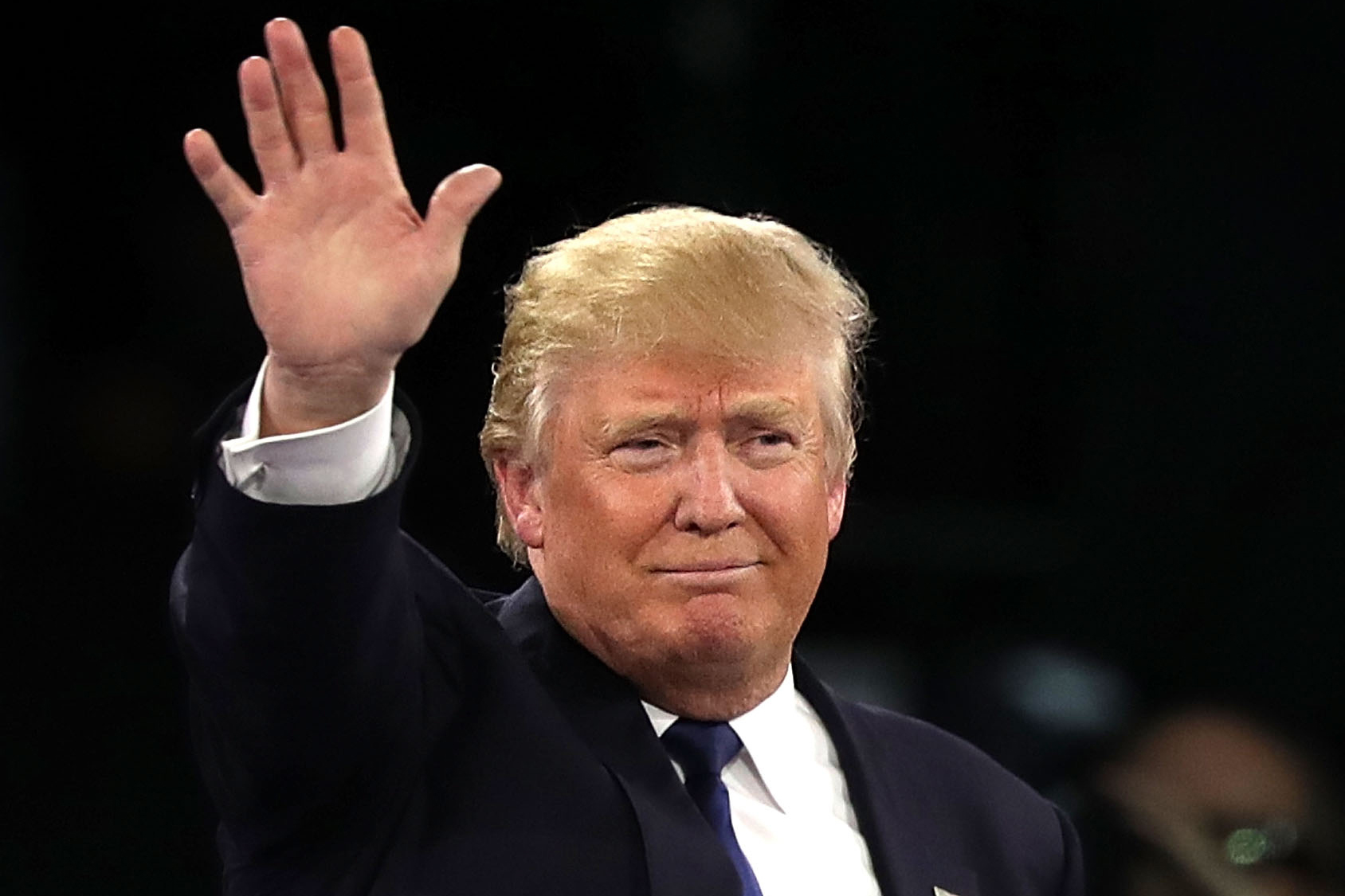
Donald Trump turned up the volume on the bullying rhetoric last week, escalating his attacks on Megyn Kelly by calling her “sick” and urging a boycott of her show. FOX News and several of Kelly’s colleagues stepped up to defend her against the excoriating harassment. Others did not.
In this public dynamic where people are increasingly getting hurt, physically and psychologically, it’s important to remember that we all can choose to act—or not act.
Over the last 50 years, psychologists have learned a lot about bystanders and their activist counterparts—upstanders—the people who jump in to help.
Many bystanders want to do something but just don’t know where or how to express it.
In March of 1964, a young woman named Kitty Genovese was murdered outside of her New York City apartment. Many people heard and even witnessed the murder taking place, yet they did nothing, according to reports at the time. This became known as the “bystander effect,” or the phenomenon through which people are less likely to help when they think they are part of a group than when they are alone. Though part of the case has not held up to close scrutiny over time, the story did draw researchers’ attention to questions of what motivates some people to act while others choose not to—or become inhibited.
There are numerous theories of bystander behavior: The Genovese case pointed to the “diffusion of responsibility”—the belief that, when many people are present, surely someone else will take action. One set of research studies points to the “de-individualization” that happens in crowds: People lose their sense of individuality and as a result become less rational—and more suggestible and susceptible to the group’s energy.
Read more: Megyn Kelly: How to Deal With The Haters
We’ve learned from studies of childhood bullying (and many people know from personal experience) that intervening as an upstander is complicated. Some people realistically fear getting hurt themselves. And it tends to be easier for extroverts to interject themselves than for introverts, who might choose a quieter course of action. Those with higher status also tend to feel more empowered to intervene than those with a lower status or those who feel more vulnerable.
For many of us witnessing the election cycle, emotions are running high. Maybe our candidate is not winning or we are distressed by the negative rhetoric and threats of violence. When emotions run high, access to good decision-making and judgment is limited or cut off.
Watch this video to understand why it’s so difficult to attack Donald Trump:
The neurologist and psychiatrist Victor Frankl said, “Between stimulus and response, there is a space. In that space lies our freedom and power to choose our response. In our response lies our growth and freedom.” In other words, when you are stressed, overwhelmed or even just worked up, the best course of action arises when you can make a space to pause and then consciously choose the response that contributes to your own good or a greater good.
In today’s media-saturated, conflict-ridden environment, there are many ways to be an upstander, depending on your goals. In the case of Megyn Kelly, we can’t recommend one particular path, but if you are inspired to speak up, consider your preferred social media outlets, talking with friends or writing to decision-makers.
There are other ways of being an upstander, too. You can interrupt the media-driven emotional contagion by doing what you can to not pass on fear and anger: Use your preferred practice like prayer, mindfulness or breathing to create equanimity, or simply vow to only engage in constructive action and dialogue. You can stop the cross-generational transmission of harsh ideas by talking with your children about your family’s values versus what they see going on around them. You can support people who are targets of the harsh rhetoric by offering kindness to them—classic upstander behavior. Or you can get politically active and jump right into the fray.
Read more: Hillary Clinton Speaks, Male Pundits Hear ‘Shouting’
Of course, many people are already taking thoughtful action. But many still hold back, believing that a single person cannot possibly make a difference. Or that it’s not worth it if we don’t see immediate results—or any results for that matter.
But growing a positive world—where freedom is balanced with personal responsibility and concern for the greater good—takes each of our efforts even if the germination takes time to yield fruit. So next time you feel angry or afraid about what’s going on—take a pause. You’ll know what to do.
Diana Divecha, Ph.D., is a developmental psychologist and research affiliate at Yale, and Robin Stern, Ph.D., is a psychoanalyst and associate director at the Yale Center for Emotional Intelligence.
More Must-Reads from TIME
- Donald Trump Is TIME's 2024 Person of the Year
- Why We Chose Trump as Person of the Year
- Is Intermittent Fasting Good or Bad for You?
- The 100 Must-Read Books of 2024
- The 20 Best Christmas TV Episodes
- Column: If Optimism Feels Ridiculous Now, Try Hope
- The Future of Climate Action Is Trade Policy
- Merle Bombardieri Is Helping People Make the Baby Decision
Contact us at letters@time.com